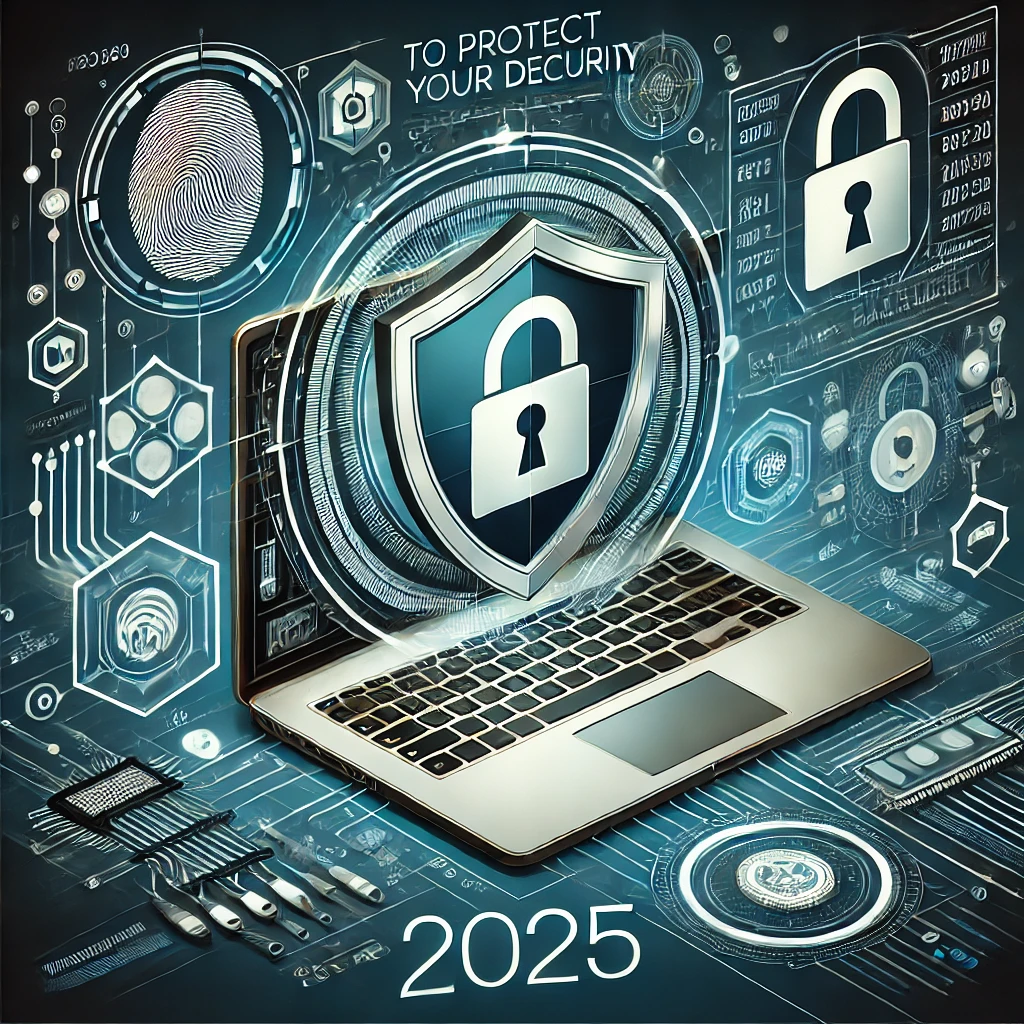
Ways to Protect Your Data from Hackers in 2025
Introduction: Why Data Protection Is More Crucial Than Ever
In 2025, as our lives become increasingly digital, protecting personal data from hackers has never been more important. With the rise of cybercrime and the growing threat of identity theft, ensuring your data remains secure is essential. Whether you're using a budget smartphone, working with AI tools to boost productivity, or simply browsing the web, understanding the best ways to protect your data is vital. Let's dive into some practical tips and strategies for keeping your personal information safe from prying eyes.
1. Choose the Best Budget Smartphones of 2025
Your smartphone is likely to hold a treasure trove of personal data, from photos and contacts to banking information and passwords. In 2025, choosing the best budget smartphones with solid security features is key. Look for phones that offer biometric authentication, secure encryption, and regular security updates. A device with a strong privacy policy can make a big difference in preventing data breaches.
2. Keep Your Software Updated
One of the easiest ways for hackers to access your data is by exploiting security vulnerabilities in outdated software. Ensure your operating systems, apps, and security software are regularly updated. This is especially important for your computer, smartphone, and any other smart devices you use.
3. How to Speed Up Your Windows 11 PC: A Performance Boost with Security in Mind
Speeding up your Windows 11 PC isn't just about performance. Many updates and optimizations, like clearing cache files or optimizing your startup programs, can also improve your security by reducing unnecessary risks. A clutter-free and up-to-date system is harder for hackers to target.
4. Implement Strong Password Practices
Never underestimate the power of a strong password. Simple phrases are easily guessed, and weak passwords are an open invitation to hackers. Use a combination of letters, numbers, and symbols, and avoid using personal information. Better yet, employ a password manager to generate and store complex passwords securely.
5. Use Multi-Factor Authentication (MFA)
Adding an extra layer of security can be a game-changer. Multi-factor authentication (MFA) requires you to provide more than just a password to access an account. This can be a one-time code sent to your phone or an authentication app. MFA makes it significantly harder for hackers to access your data, even if they get hold of your password.
6. Tips to Secure Your Smartphone
Your smartphone is your gateway to almost everything online. To secure your smartphone effectively, set a lock screen, enable remote wipe capabilities, and regularly back up your data. Installing a reputable security app can also help protect against malware and phishing attempts.
7. How to Optimize Your Laptop Battery Life and Secure Your Data
Optimizing your laptop’s battery life is important not just for performance but also for security. When your battery is low, you might be tempted to leave your device unattended, making it vulnerable. Keep your laptop secure by locking it when not in use and using encryption tools to protect your data.
8. Tools to Track Your Screen Time and Maintain Privacy
In 2025, staying aware of how much time you spend online can contribute to better privacy habits. Using tools to track your screen time can help you become more mindful of the websites and apps you're using. With this knowledge, you can adjust your habits to minimize exposure to potential security threats.
9. Beginner's Guide to Using VPNs for Enhanced Security
A Virtual Private Network (VPN) is one of the best tools to safeguard your online activities. A VPN creates a secure tunnel for your data, making it difficult for hackers to intercept. If you're new to VPNs, it’s crucial to choose one that doesn't log your data and offers strong encryption. This beginner’s guide will help you understand the fundamentals of VPNs and why they're a must-have in 2025.
10. Best Chrome Extensions for Students: Keeping Your Data Safe
As a student, it's easy to get caught up in using multiple tabs and apps during your study sessions. However, it's essential to use the best Chrome extensions for students that also help protect your privacy. Extensions like password managers and anti-tracking tools can significantly improve your online security while you study or research.
11. Top Free Video Editing Software in 2025 and How to Keep Your Files Secure
If you're editing videos on free software, make sure your files are securely stored and backed up. Avoid saving sensitive data on public or unsecured networks. By following best practices for data protection while using tools like the top free video editing software in 2025, you can protect your personal information and digital assets.
12. AI Tools to Boost Productivity and Protect Your Data
AI tools are rapidly changing how we work and boost productivity, but they also come with risks. When using AI for tasks like project management or content creation, ensure that the tools you choose prioritize data security. Look for platforms that offer encryption and comply with privacy regulations to safeguard your personal information.
13. SSD vs. HDD: Which is Better for You?
When it comes to securing your data, choosing between an SSD and an HDD isn't just about speed; it's about reliability. SSDs are faster, more durable, and less prone to failure, making them a better choice for storing sensitive data securely.
14. Photography Tips with a Smartphone: Keeping Your Photos Safe
Your smartphone camera is your personal photo studio. But with photos come privacy risks. Consider enabling cloud backups and using secure photo storage options to keep your memories safe from hackers.
15. Comparison of Noise-Canceling Headphones: Keeping Your Conversations Private
While not directly related to data security, noise-canceling headphones can play a role in protecting your privacy during calls or conferences. With a good pair of headphones, you can ensure that your conversations remain private and aren't overheard by hackers or others in public spaces.